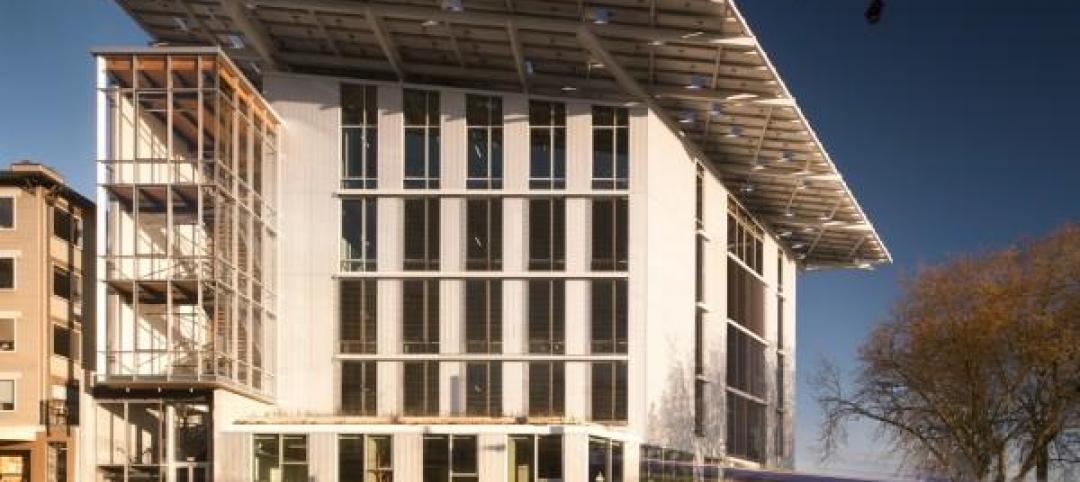Climate change is making design and construction more challenging and increasing the potential for lawsuits against building teams, according to insurance experts.
Building to code is not enough to reduce liability because codes have not kept up with the rapid climate changes that are making extreme weather more common. Courts expect contractors and designers to keep up to date with trends in climate science that can impact their projects.
Building teams are not expected to design and build structures for long-term climate change, but those that adapt to current and foreseeable conditions have a better chance of defending their actions in court.
When considering climate impacts, building teams should also factor in the effects of their projects on adjacent properties. They should also consider the impact of projects on vulnerable populations as they have fewer resources to adapt to climate change.
Related Stories
| Nov 14, 2014
Former U.S. Treasury Secretary Paulson works to upgrade China’s building codes
Former U.S. Treasury Secretary Hank Paulson is today focused on making new construction in China more energy efficient by working with leaders to upgrade building codes.
| Nov 6, 2014
Demountable structural steel could up the ante on sustainability
Demountable structural steel assemblies would be a greener way to make use of steel in the construction industry than recycling.
| Oct 30, 2014
American Concrete Institute releases reorganized structural concrete code requirements
The reorganized document is organized from an engineer’s perspective. The requirements flow more intuitively and have fewer cross-references for improved logic and flow of information.
| Oct 24, 2014
Solar panels could be required on most new construction in San Francisco
A San Francisco city councilor will propose a new regulation that could soon mandate solar panels on most new construction in the city and on many existing apartment buildings.
| Oct 24, 2014
Seattle's Bullitt Center influencing codes and public policy on sustainability
The Bullitt Center in Seattle, which some say is the world's most efficient office building is not only influencing how other structures are built, it is contributing to revisions of codes and public policy.
| Oct 15, 2014
Drones may soon assist code inspectors for construction in the UAE
The United Arab Emirates’ Ministry of Labour announced that they will start using drones to help inspectors record when construction sites are breaking laws.
| Oct 2, 2014
California Energy Commission launches code upgrade process
The California Energy Commission launched the upgrade process to Title 24, the state energy code, last month.
| Oct 2, 2014
Canals to mitigate flooding could be in Boston’s future
The Urban Land Institute held brainstorming sessions over the last several months involving more than 70 engineers, architects, and development and insurance specialists to examine how rising sea levels would affect four representative areas in and around Boston.
| Oct 2, 2014
Los Angeles reverses ban on high-rise slanted roofs and spires
Los Angeles reversed course last month on a regulation that had barred skyscrapers from having slanted roofs or spires.
| Sep 29, 2014
10 common deficiencies in aging healthcare facilities
VOA's Douglas King pinpoints the top issues that arise during healthcare facilities assessments, including missing fire/smoke dampers, out-of-place fire alarms, and poorly constructed doorways.













